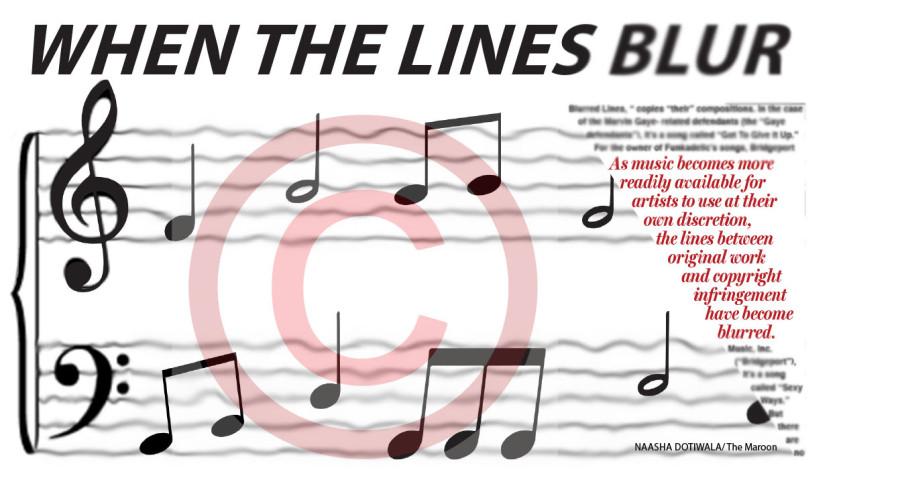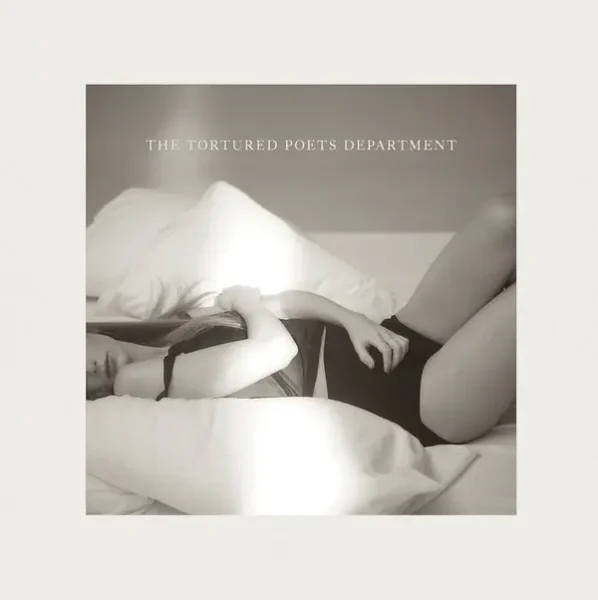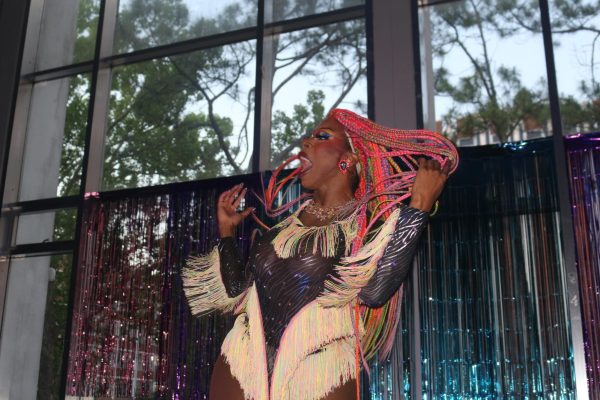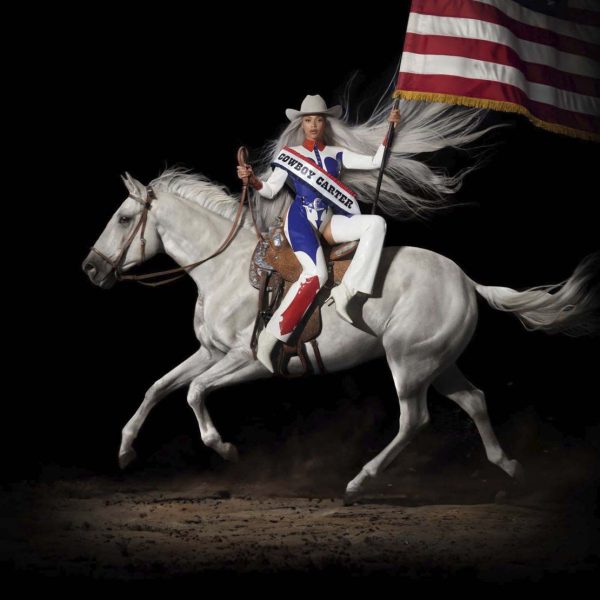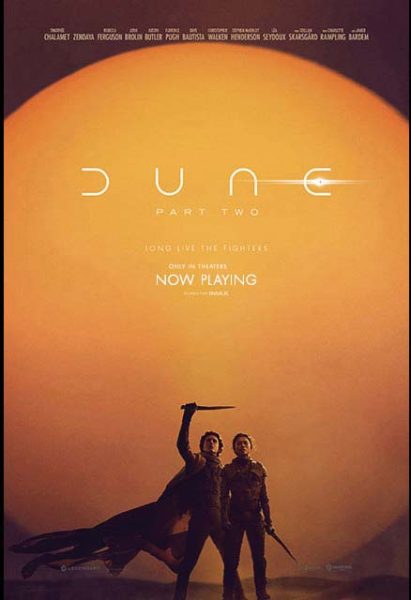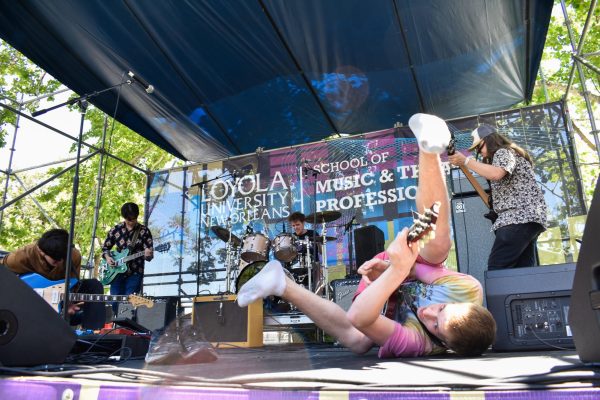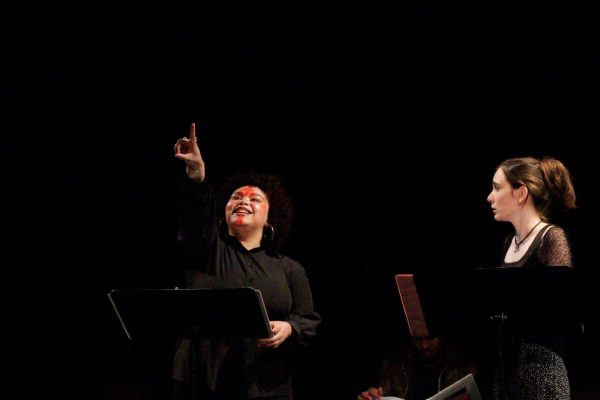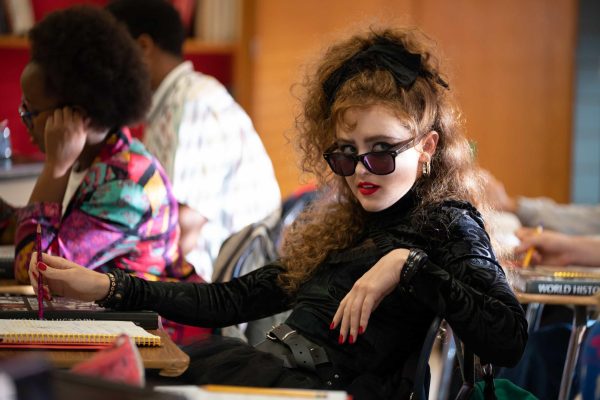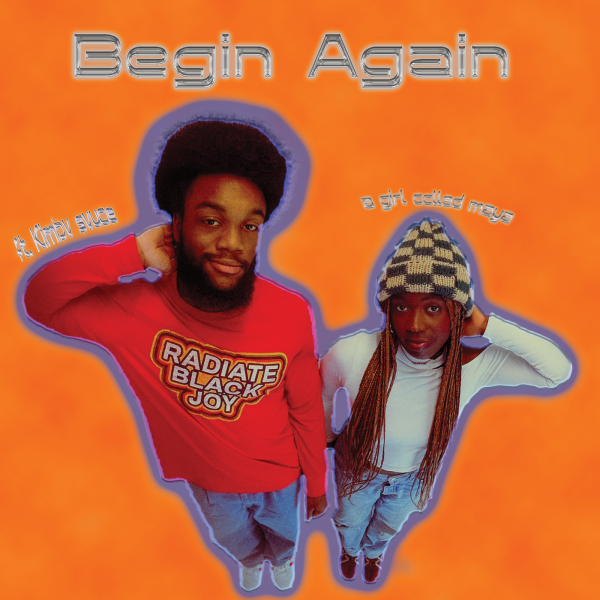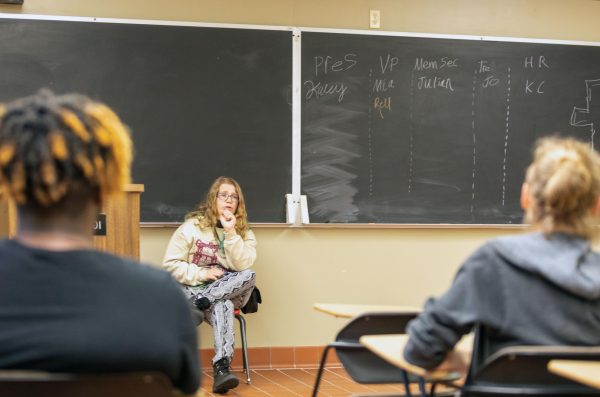When the lines become blurred
NAASHA DOTIWALA/The Maroon
September 10, 2015
Richard S. Busch, J.D., A’90 of Loyola’s College of Law, helped music students clear up the blurred lines between music and the law during a lecture hosted by the College of Law.
In March 2015, Busch successfully argued in favor of the family of Marvin Gaye in the lawsuit against Pharrell Williams and Robin Thicke’s hit song, “Blurred Lines.” This case brought up many important issues regarding the difference between inspiration and infringement, which is especially relevant to student musicians at Loyola.
Students and professors at Loyola stress the legal importance of copyright issues; however, student musicians find it important to maintain their creativity through the use of other artists’ work.
Mark Davis, music industry studies instructor, emphasized the importance of student musicians understanding the rules of copyright in order to avoid getting themselves into a situation like that of Williams and Thicke.
“Copyright gives you certain exclusive rights, one of which is the exclusive right to publish a work, make copies of it, and make derivatives of that work,” Davis said.
According to Davis, using just a small piece, called a sample, of a song, even if you turn it into your own expression. To many student musicians who utilize sampling, this could be a problem.
“My advice to students about sampling is just don’t do it. Or, if you must, use something from the public domain. Anything that was published prior to or in 1922 is legal and available to the public,” Davis said.
Austin Rapbaum, rapper and music industry studies senior, said that sampling is a huge part of his creative process.
“It allows me to take something that inspires me and make it my own. That’s what art is,” Rapbaum said.
Max Hass, Tulane Law graduate and leader of the Copyright Workshop For Musicians, said that it is important for student musicians to learn about copyright laws for their benefit as well as avoiding legal trouble.
“For student musicians who think they might want to make a career out of music, at least a basic knowledge of copyright is essential. Artists should know what they own when they create a new piece of music or recording, and they should know what they can do with it,” Hass said.
According to Rapbaum, although it is important to know the legal issues against the use of sampling other musicians’ work, he believes sampling to be much more of a help than a hindrance.
“If artists are constantly worried about getting sued for taking other peoples ideas, then there wouldn’t be as much music out there,” Rapbaum said.
Davis said that although you cannot protect an idea through copyright, musicians must still be cautious with the ways in which they take inspiration from others and transform it into an original work.
“One of the things we are teaching our students is to look at it from the view of the copyright owner because one day they are going to be the copyright owner,” Davis said.


